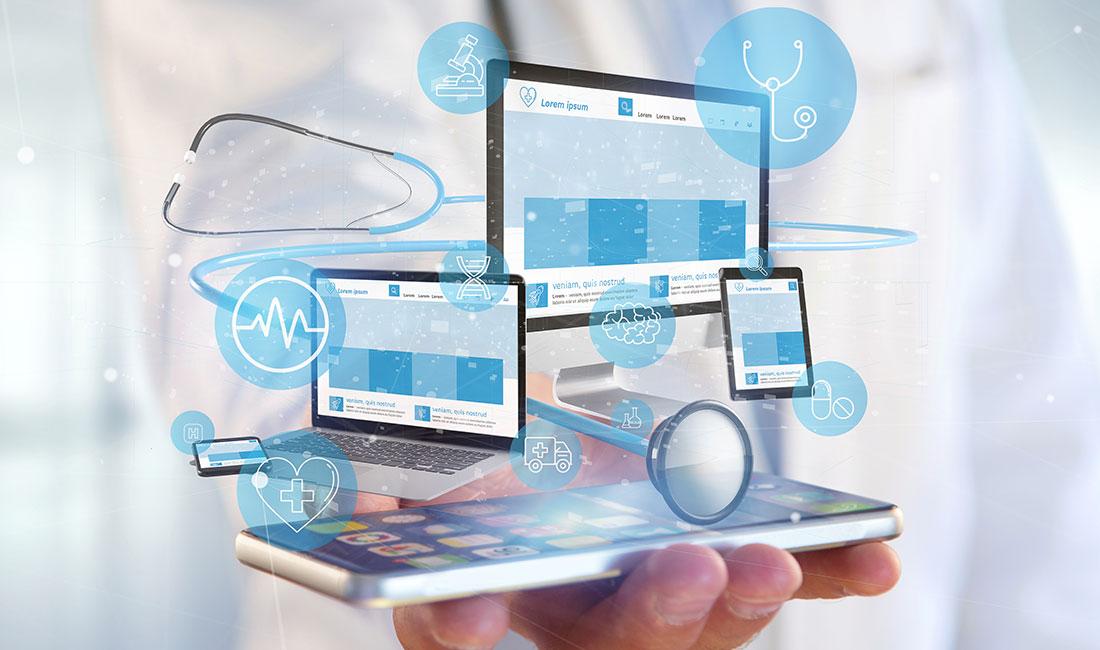Attention
This website is best viewed in portrait mode.
Make in India & NDHM to spur design & tech in medical devices and pharma: Suhas Tamras

The Union government’s Make in India programme and National Digital Health Mission (NDHM) are giving the much-needed impetus for technology adoption in medical devices and pharmaceutical industries, said Suhas Tamras, Vice president and Head, Healthcare and Lifesciences, Tata Elxsi.
“Applications of artificial intelligence (AI) and machine learning (ML) have taken the centre-stage to aid faster diagnosis. This demand will drive the need for new-age medical devices and acceptance of digital therapeutics too,” he added.
Technologies driving the design & digital space are data analytics, cloud storage, AI and ML. Codification of a lot of applications is on. Even in pharma, the patient engagement platform to monitor the efficacy of a prescribed drug can be accessed from the cloud, Tamras told Pharmabiz at the sidelines of Tata Elxsi event titled Reimagine the Future, where the company displayed its digital health technologies like TEngage, TEcare, home healthcare gateway and Gazelle Point of Care device.
New age doctors are tech savvy. AI and ML also help automate disease diagnosis. Algorithms can find biomarkers to detect the disease. For instance, Gazelle Point of Care device manufactured by Hemex Health for malaria, is designed by Tata Elxsi and is deployed for the government’s National Malaria Control Programme.
“Tata Elxsi has been at the forefront in the design and digital space. We have the largest design studio in Asia at Bengaluru. The focus in the last 3 to 4 years is on the digitization of design in healthcare. There are connected devices for remote and home care monitoring,” he said.
The pharma industry too is going digital with made in India and made for India solutions where patient engagement platforms are developed to track the efficacy of drugs. Patients are assured of their timely medication and can provide required feedback which is valuable for pharma R&D. Even pharmacovigilance is automated with AI and ML to monitor adverse events in real-time to decrease cost and time. “Tata Elxsi works with both global and Indian pharma companies to develop such platforms for design & technology,” he stated.
The trend is digital therapeutics which is widely used in diabetes management. Tata Elxsi has also developed a device to manage autism in children and is working with hospitals to gather data on the device performance.
Technology also involves the regulatory compliance aspect. There is a risk associated with the applications. Regulatory guidelines for new age digital technologies are still at an early stage. A lot of these devices will not get approved unless there is ample clinical data to back patient safety.
Another issue is the shortage of qualified personnel. Premier institutes like the IITs offer biomedical engineering in BTech. We have tie-ups to train candidates and tailor courses to meet our needs, he said.
India did not have any regulatory processes for compliance. Not many companies have had indigenous developments. The prohibitive R&D cost was a deterrent. Now, with the Make in India and the NDHM, a lot of companies and startups are investing in this space. New regulations and government policies are conducive for research and manufacture. In the next 5-10 years, we will see a lot of growth in this market. Medical insurance will be another key driver for patients to opt for tech-driven diagnosis, said Tamras.




